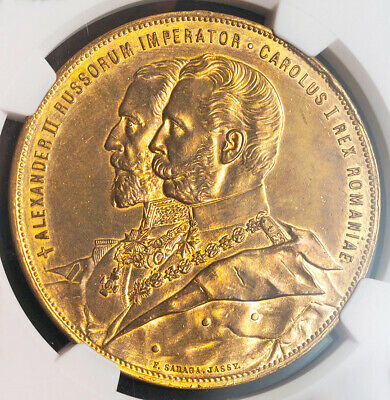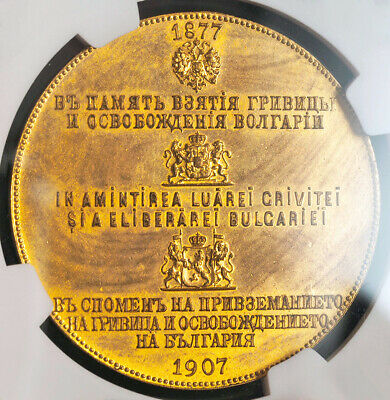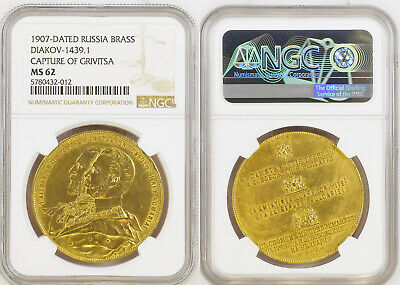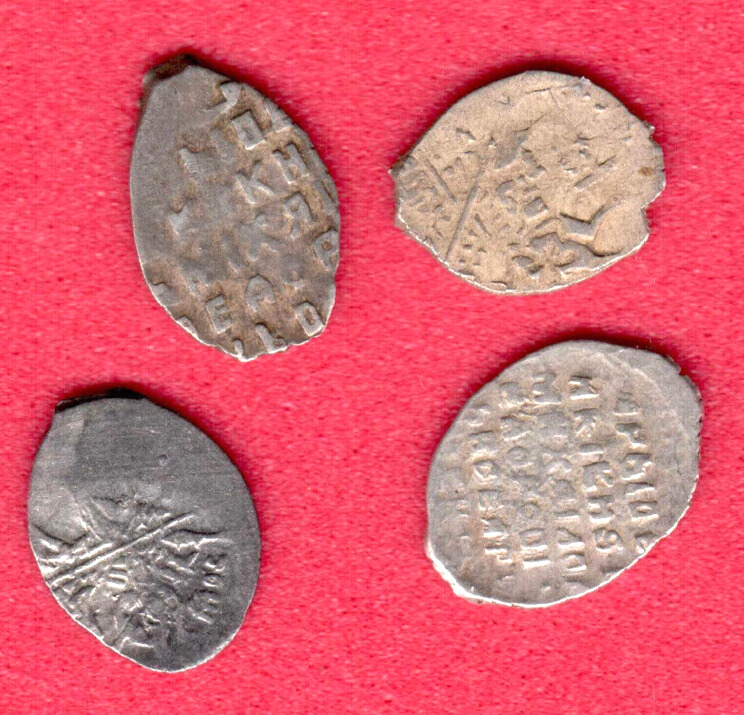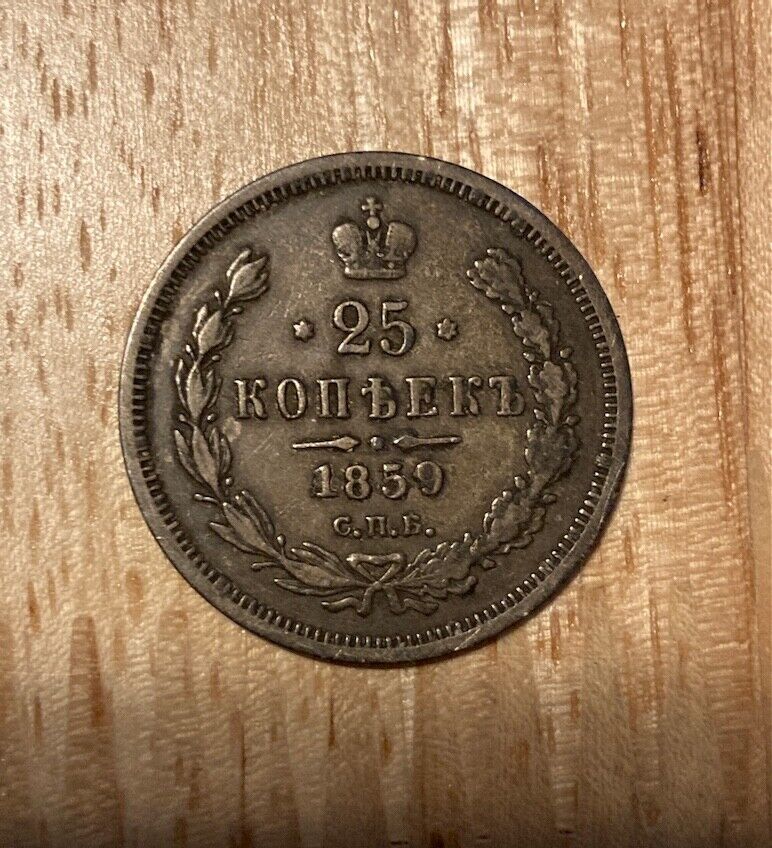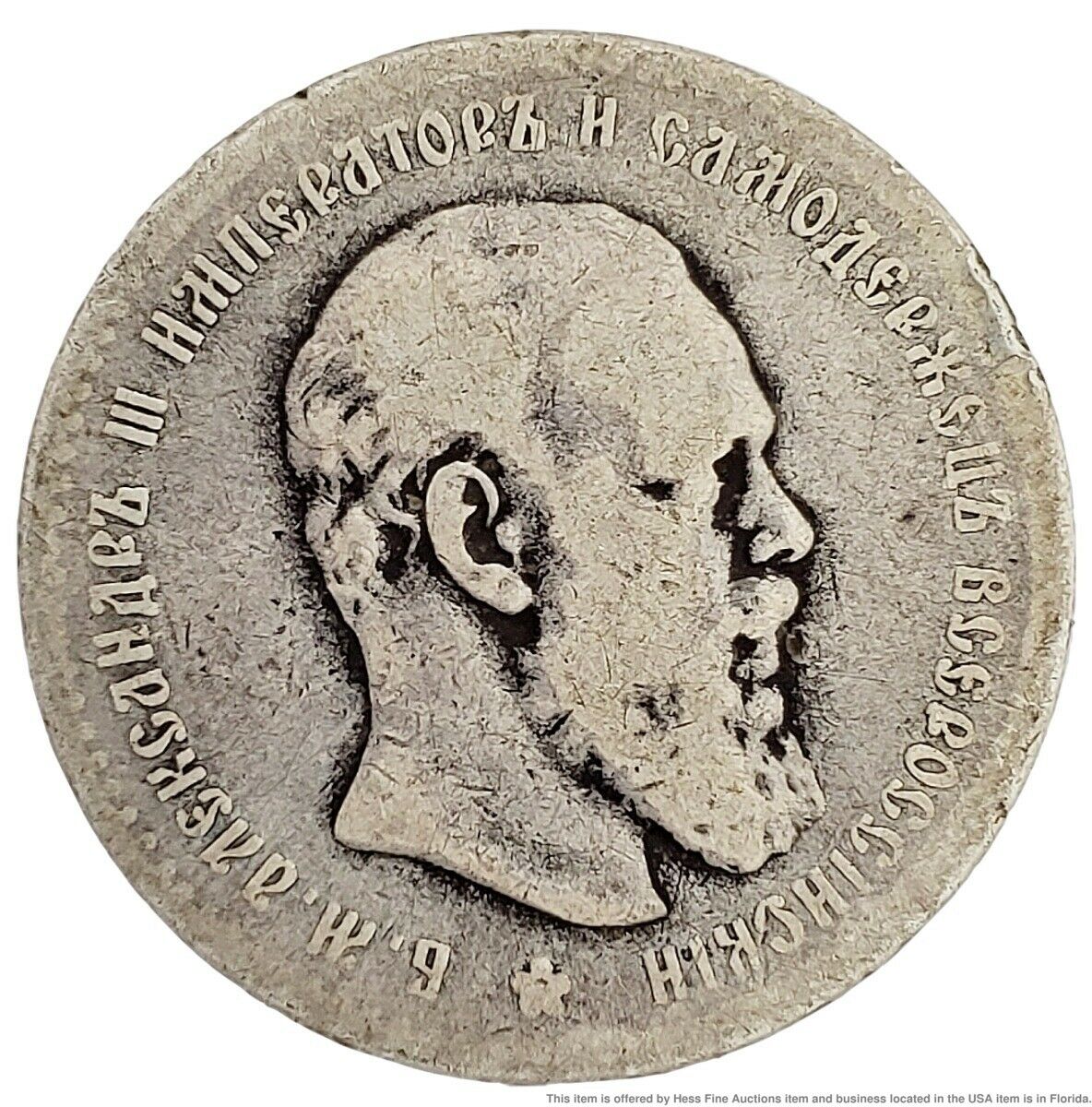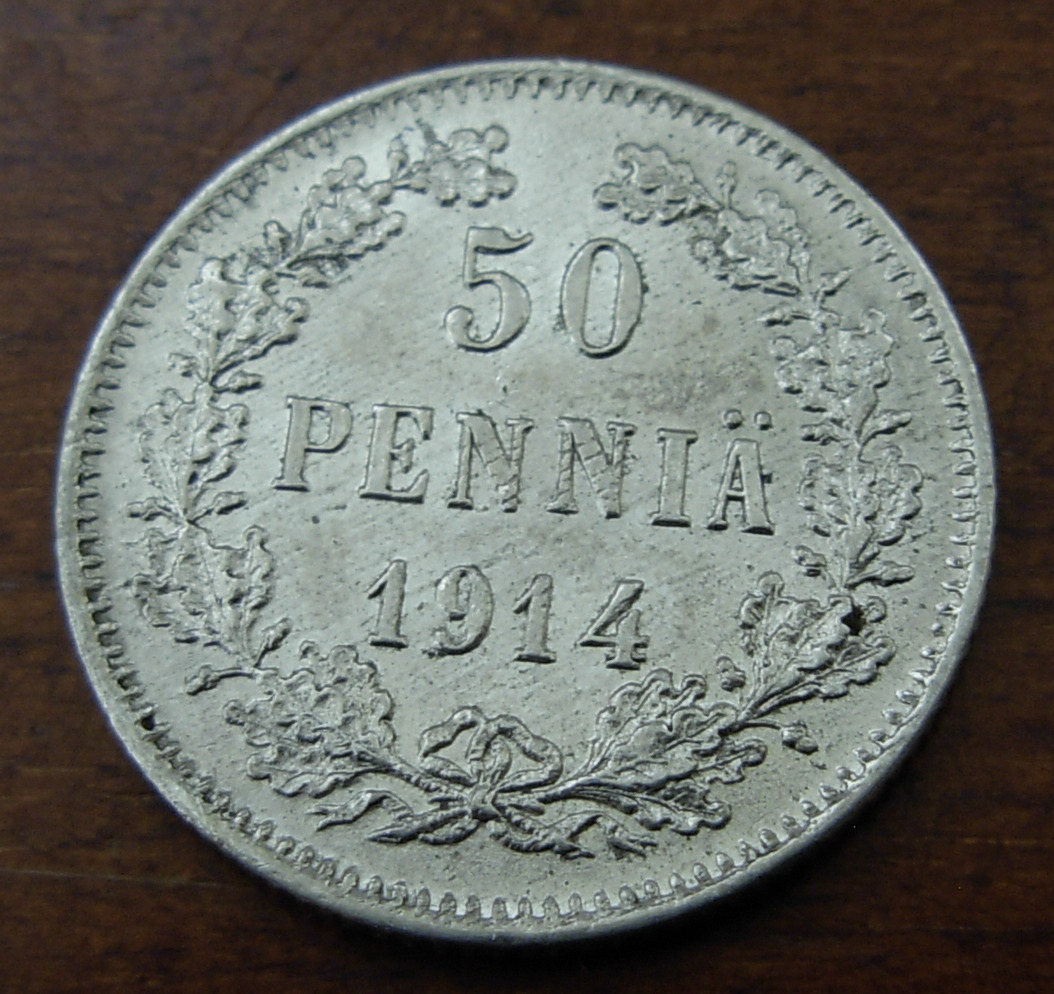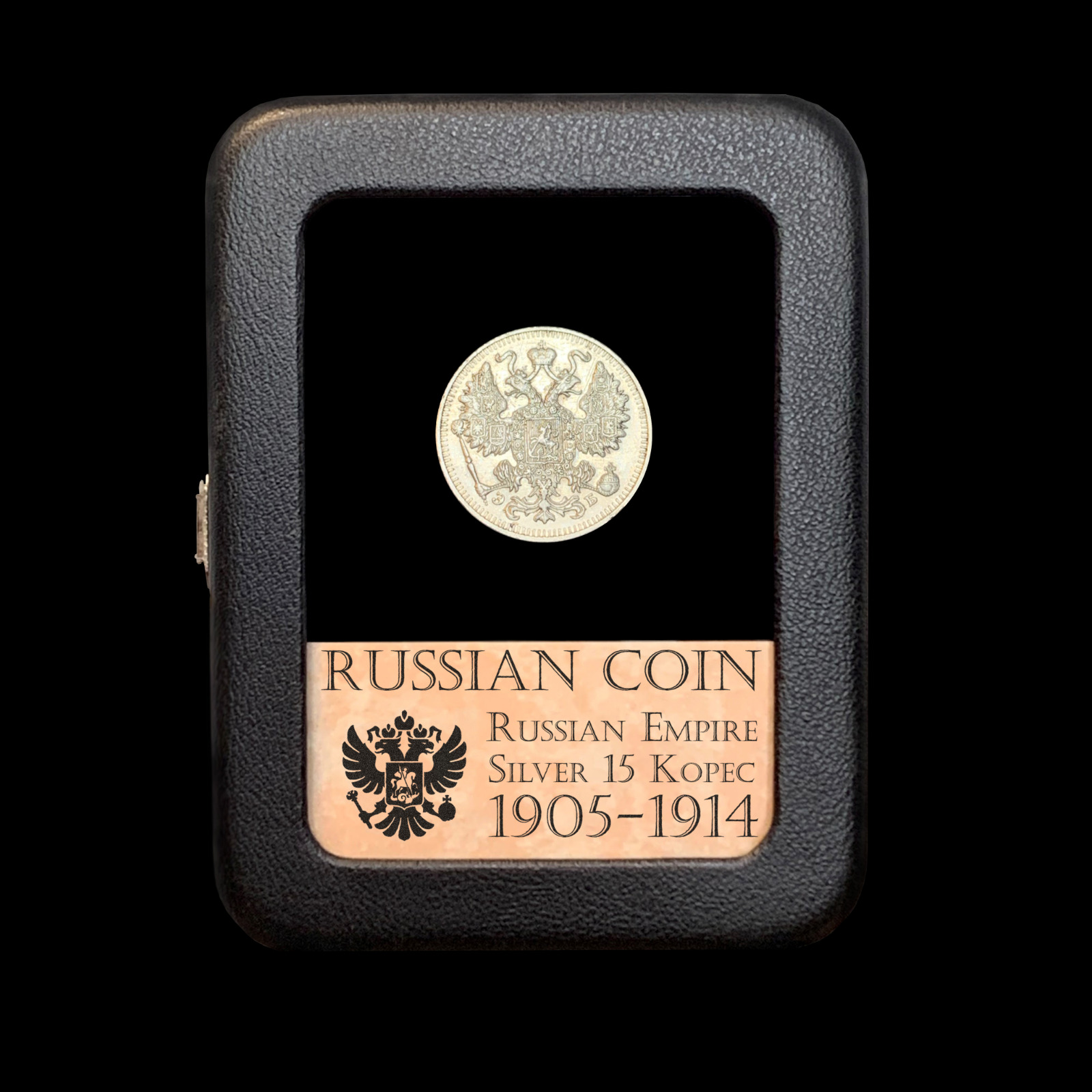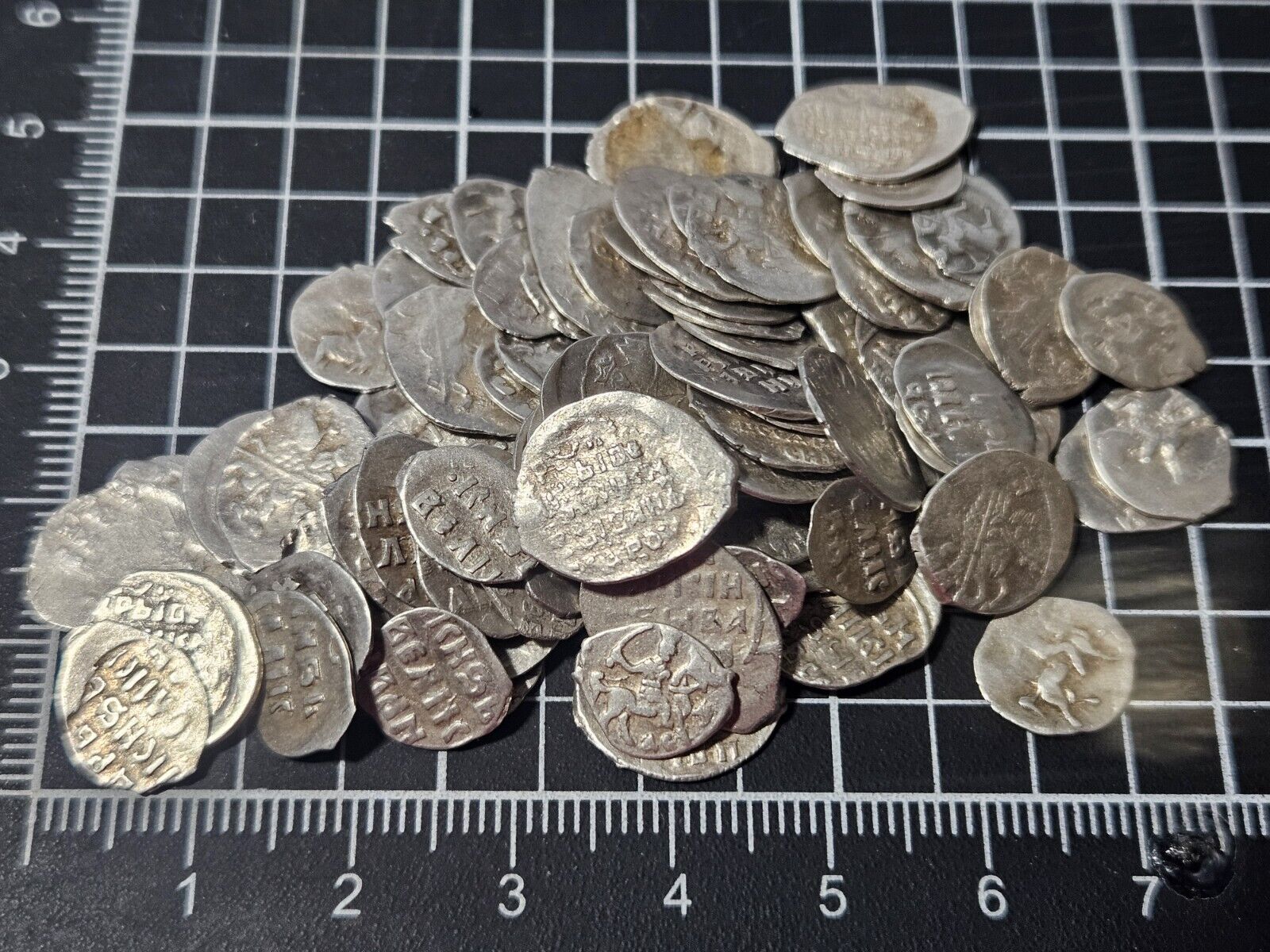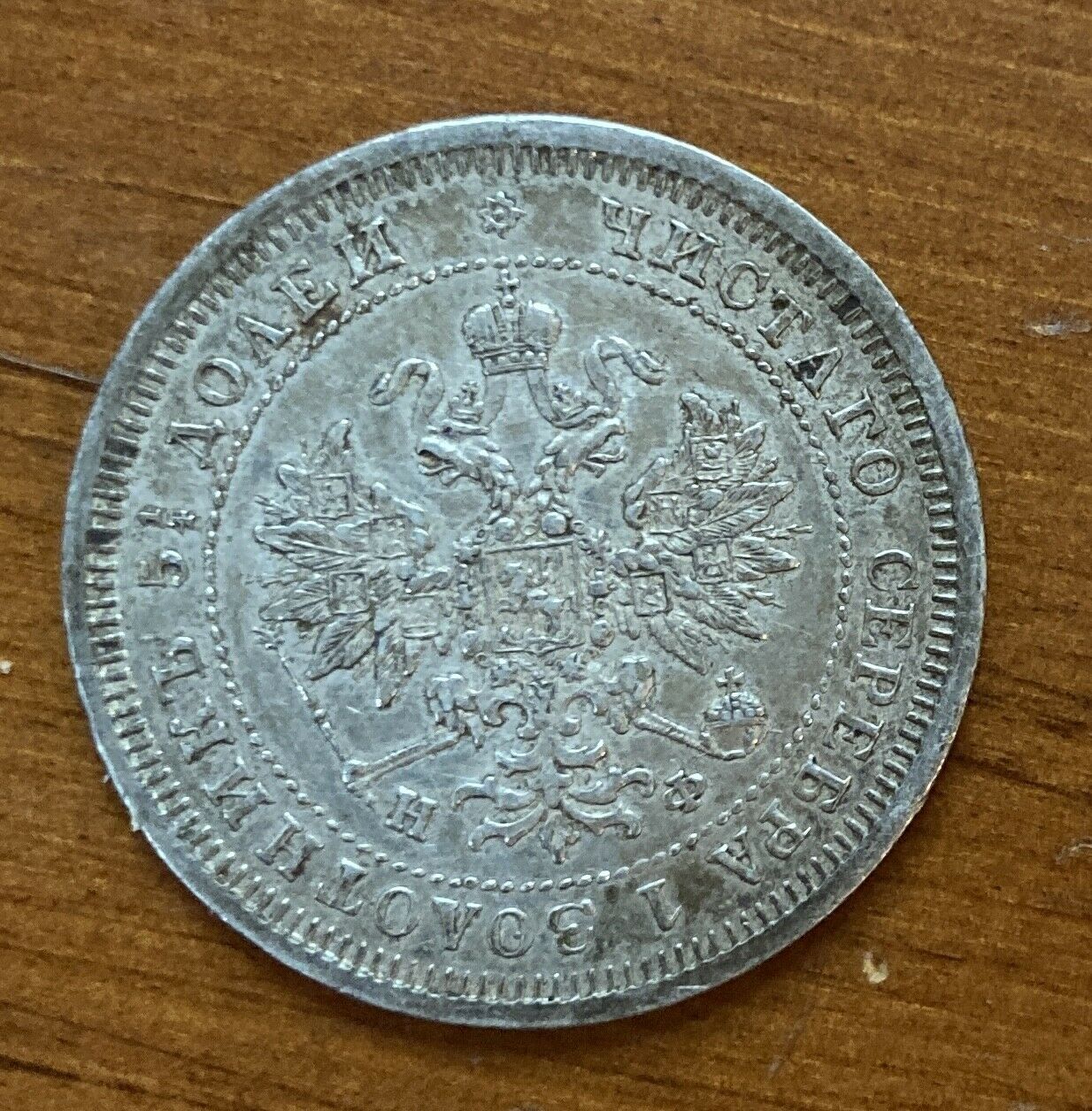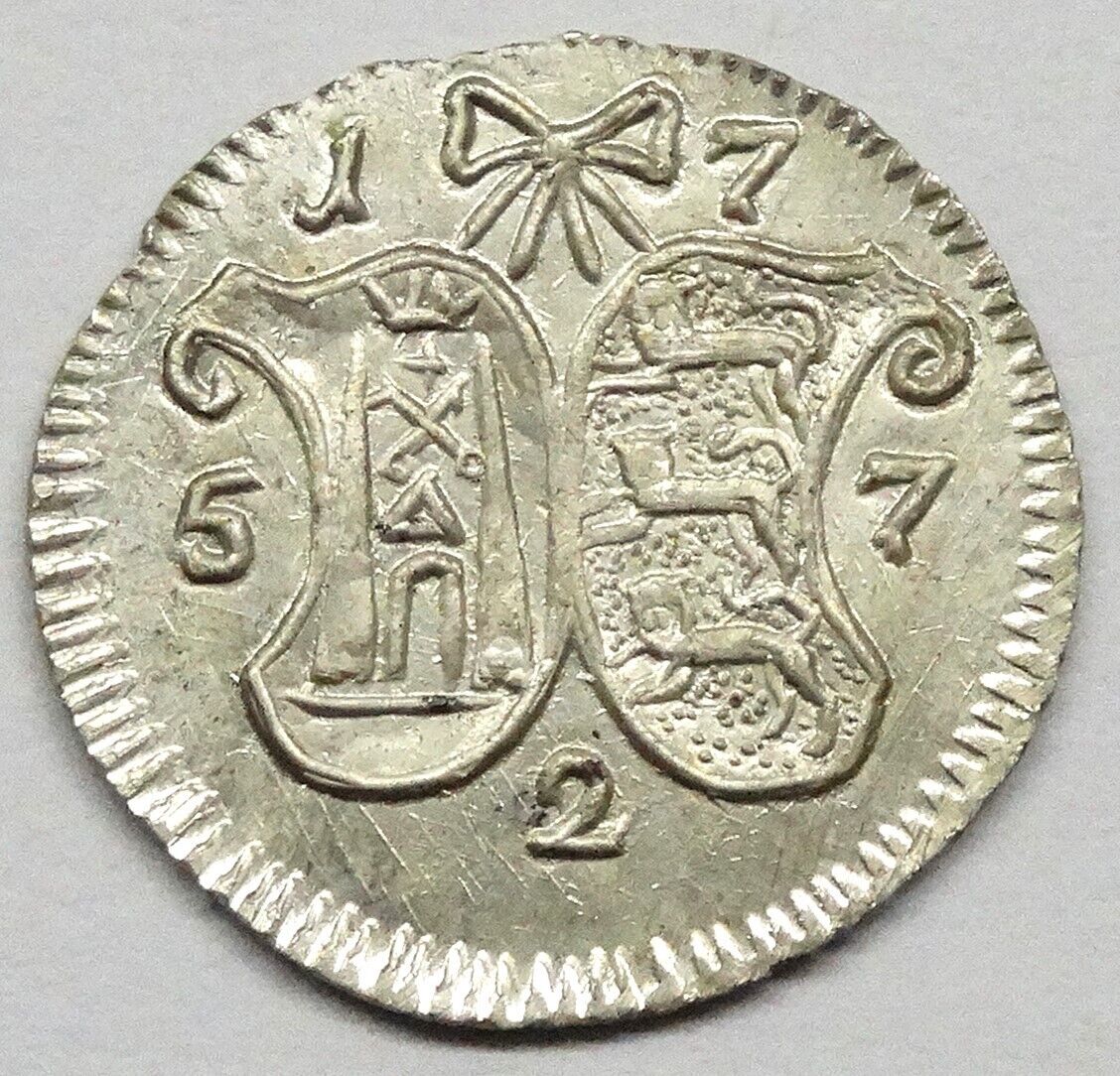-40%
1907, Russia/Romania/Bulgaria. Gilt Brass "Capture of Grivitsa" Medal. NGC MS62!
$ 193.06
- Description
- Size Guide
Description
CoinWorldTV1907, Russia/Romania/Bulgaria. Gilt Brass "Capture of Grivitsa" Medal. NGC MS62!
Mint Year: 1907
Medallist: F. Saraga
Reference: Diakov 1439.1 (
R2!
)
Condition:
Certified and graded by NGC as MS-62!
Denomination: Medal -
Commemorating the 30th Anniversary of the Capture of Grivitsa and the liberation of Bulgaria during 1877.
Material: Brass (gold plated)
Diameter: 39mm
Weight: 17gm
Obverse:
Conjoined and uniformed busts of Alexander I I of Russia and Carol I of Romania left.
Legend: + ALEXANDER II RUSSORUM IMPERATOR . CAROLIS I REX ROMANIAE
Reverse:
Date of the capture of Grivitza (1877) above coat-of-arms and of Russia / Romania / Bulgaria and respective tri-lingual inscriptions. Date of the anniversary (1907) below.
Legend (translated): "
In commemoration of the taking of Grivitsa and liberation of Bulgaria.
"
Grivitsa
(Bulgarian:
Гривица
, pronounced
[ˈɡrivit͡sɐ]
; also transliterated as Grivitza or Grivica) is a village in Pleven Municipality, Pleven Province, central northern Bulgaria. It is primarily known as the site of one of the key engagements in the Siege of Plevna during the Russo-TurkishWar of 1877–1878. During the Russo-Turkish War of 1877–1878, Grivitsa was the location of an important Ottoman position featuring several redoubts and acting as part of the defensive fortifications of Pleven. The Battle of Grivitsa was part of the prolonged Siege of Plevna which resulted in the death of many Russian and particularly Romanian soldiers: the losses of the Romanian units in this battle were the largest for the entire war. Grivitsa has a school built in 1916, as well as a park arranged in 1956 and a museum opened in 1967, both commemorating the events of 1877. A Romanian mausoleum with an ossuary was built in 1892–1897 using funds collected by the Romanian people and opened in 1902. In honour of the battle, several communes and neighbourhoods in Romania, as well as the Romanian NMS Grivița, bear the name Grivița, a Romanian rendition of the village's name.
Authenticity unconditionally guaranteed.
Bid with confidence!
Nicholas II
of Russia born Nikolay Alexandrovich Romanov (18 May 1868 - 17 July 1918) was the last Tsar of Russia, King of Poland, and Grand Duke of Finland. His official title was Nicholas II, Emperor and Autocrat of All the Russias and he is currently regarded as Saint Nicholas the Passion Bearer by the Russian Orthodox Church.
Nicholas II ruled from 1894 until his abdication in 1917. He proved unable to manage a country in political turmoil and command its army in World War I. His rule ended with the Russian Revolution of 1917 in which he and his family were imprisoned first in the Alexander Palace at Tsarskoe Selo, then later in the Governor's Mansion in Tobolsk, and finally at the Ipatiev House in Yekaterinburg. Nicholas II , his wife , his son , his four daughters, the family's medical doctor, his personal servant, the Empress' chambermaid and the family's cook were all murdered in the same room by the Bolsheviks on the night of 17 July 1918. It is now well documented that this event had been orchestrated from Moscow by Lenin and the Bolshevik leader Yakov Sverdlov. This has led to the late Nicholas II, his wife the Empress and their children to be canonized as Martyrs by various groups tied to the Russian Orthodox Church within Russia and, prominently, by the Russian Orthodox Church outside Russia. Nicholas II was nicknamed by his critics Bloody Nicholas because of the Khodynka Tragedy, Bloody Sunday, and his government's suppressions of dissent. In reality, he was a weak and indecisive man dominated by his wife and isolated from the socio-economic problems of his own country. Lastly, as Head of State, he did approve the Russian mobilization of August 1914 which marked the first fatal step into World War I and thus into the demise of the Romanov dynasty. Nicholas II was considered at the time as the third richest person in modern history.
Carol I of Romania
, original name
Prince Karl Eitel Friedrich Zephyrinus Ludwig of Hohenzollern-Sigmaringen
, later simply
of Hohenzollern
(20 April 1839 - 10 October [O.S. 27 September] 1914), German prince, was elected Domnitor (Prince) of Romania on 20 April 1866 following the overthrow of Alexander John Cuza by a palace coup; following the defeat of the Ottoman Empire in the Russo-Turkish War he was proclaimed King of Romania with the consent of both the Turkish Sultan and the major European powers on 26 March 1881. He was the first ruler of the Hohenzollern-Sigmaringen dynasty which would rule the country until the proclamation of a republic in 1947.
During his reign, he personally led Romanian troops during the Russo-Turkish War, 1877-78 and assumed command of the Russo/Romanian army during the siege of Pleven. The country achieved full independence from the Ottoman Empire (Treaty of Berlin, 1878) and acquired the southern part of the Dobruja from Bulgaria in 1913. Domestic political life, still dominated by the country's wealthy landowning families organised around the rival Liberal and Conservative parties, was punctuated by two widespread peasant uprisings, in Walachia (the southern half of the country) in April 1888 and in Moldavia (the northern half) in March 1907.
He married Elisabeth of Wied in Neuwied on 15 November 1869. They only had one daughter, Maria, who died aged three.
Carol's childlessness left his elder brother Leopold next in line to the throne. In October 1880 Leopold renounced his right of succession in favour of his son William, who in turn surrendered his claim eight years later in favour of his younger brother, the future king Ferdinand.
Only 1$ shipping for each additional item purchased!
